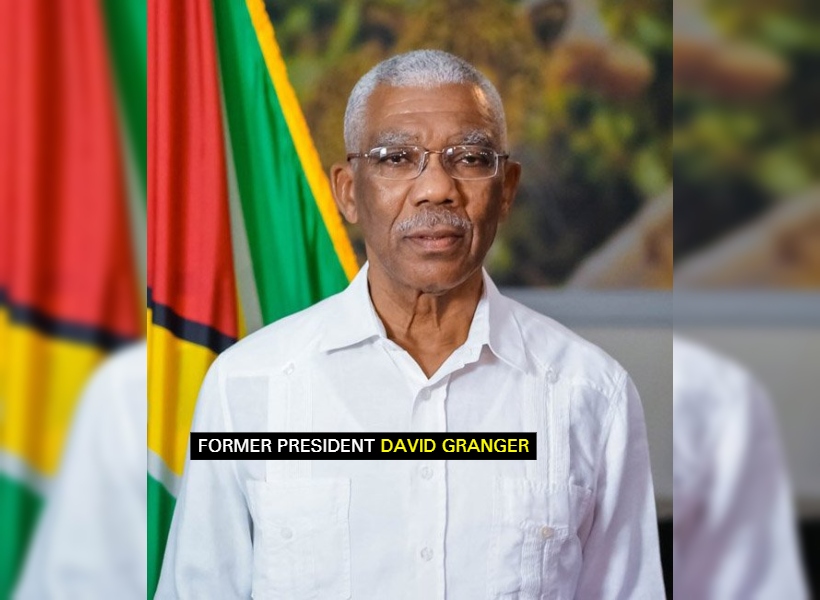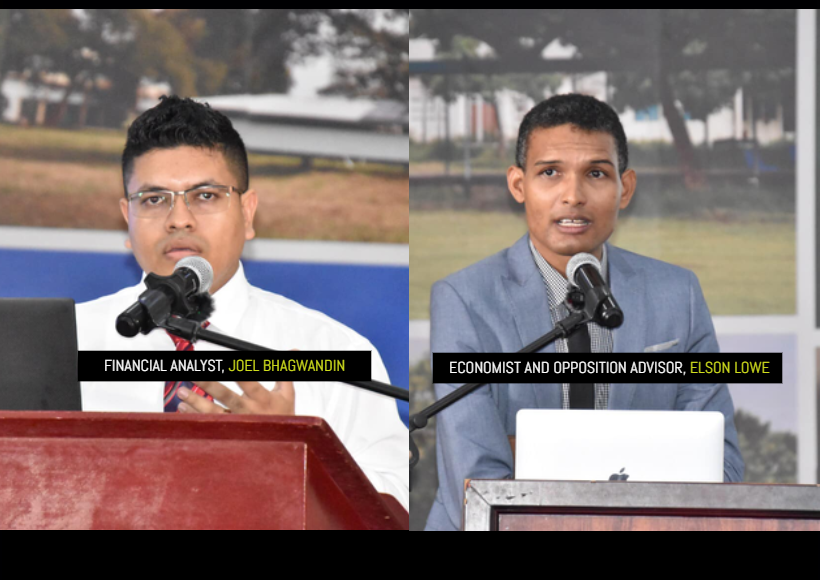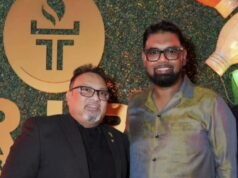By Sueann Wickham
With the hope of deepening the national discourse on Guyana’s trillion dollar oil and gas industry, Elson Lowe, an economist and opposition advisor along with Joel Bhagwandin participated today in a civilized debate facilitated by the University of Guyana.
Hosted by the university’s Economics Society, the Oxford-Style debate unfolded within the distinguished George Walcott Lecture Theatre (GWLT) at UG.
The stage was set for a compelling head-to-head discussion on the moot: “Guyana is not on the right path to development given its resources.”
Despite facing challenges like subpar sound systems and other technical difficulties, the participants delivered their arguments passionately, making the most of the resources available to them. Although physical attendance was modest, the debate attracted an online viewership of over 6,600 individuals.
Lowe, a frequent critic of the People’s Progressive Party (PPP) government and its handling of the oil and gas sector, opened his argument by asserting that “Guyana is not a real place.” He buttressed this statement with his gloomy opinion of the country’s perceived shortcomings in terms of development. To illustrate his point, Lowe highlighted the PPP administration’s unfulfilled promises despite having access to the nation’s newfound wealth, which could have been instrumental in executing various development projects. One such promise he referenced was the PPP’s manifesto commitment to make attendance to UG free, a pledge that remains unfulfilled.
Lowe also emphasized the need for more cost-effective education options to facilitate the nation’s progress and pointed out the significance of competent governance over oil and gas companies operating in Guyana. In support of his argument, he cited the alleged mismanagement of Exxon’s expenses by the government, specifically mentioning lax auditing practices.
As evidence, he referred to a 2021 article where Christopher Ram, a Chartered Accountant and civil society member, criticized the government for its nonchalant approach to auditing over US$9 billion in ExxonMobil’s expenses, suggesting they could have sought assistance from Canada.
Lowe highlighted too that the presence of abundant resources does not guarantee development. He said it necessitates competent leadership that thoroughly evaluates development needs and determines the urgency with which they must be addressed.
As for his opponent, Joel Bhagwandin he shared the perspective that Guyana’s oil and gas industry has indeed spurred development in the country. Bhagwandin, known for his pro-industry stance, primarily focused on assessing Guyana’s development trajectory in light of its past.
“We gotta appreciate what we achieved as a country having embarked on this development path since 1992. What we have achieved from a state of bankruptcy before we discovered oil, ” he emphasized. Bhagwandin cited examples such as the impressive growth of Guyana’s gross domestic product (GDP), which rose from US$200 million to US$400 million by 2014.
Furthermore, he highlighted the substantial increase in the country’s per capita income, which surged from less than US$3,000 to US$5,000 in 2014. “By 2014, we have managed to achieve stable exchange rates,” he also said.
The analyst also acknowledged that there are areas requiring improvement but contended that these shortcomings do not invalidate the country’s overall progress.
Bhagwandin also agreed that there are some challenges faced by the government, including a shortage of skilled workers needed to actively participate in the sector. Nevertheless, he assured the audience that the government is actively addressing these issues through comprehensive training programs.
Bhagwandin also touched upon several disadvantages facing the country such as rising property values impacting the housing market. He nonetheless expressed confidence that once demand stabilizes, the situation will normalize.
Overall, the debate garnered mixed reactions, with many commending both Lowe and Bhagwandin for their courage in engaging in a healthy discussion aimed at identifying areas for improvement.











